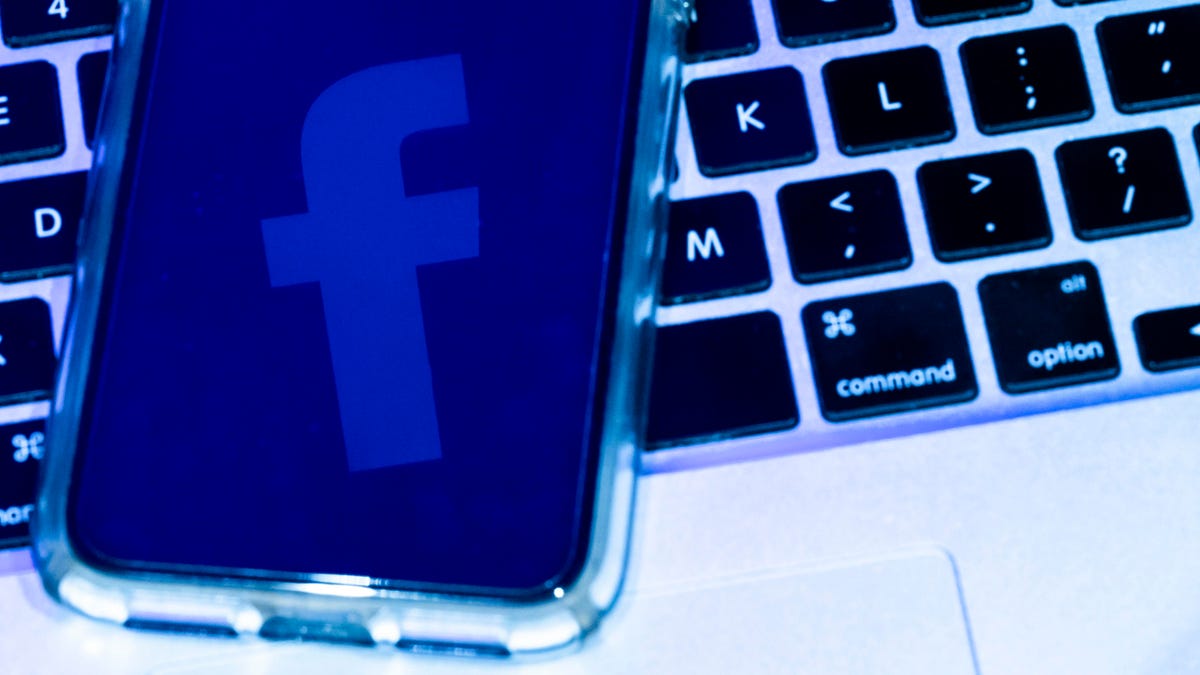Facebook deletes over 650 accounts linked to influence efforts from Iran, Russia
The company takes down fake accounts associated with two separate efforts, though the Kremlin denies involvement.

Facebook has identified two separate influence campaigns on its platform, one originating in Iran and the other in Russia.
The social network said Tuesday it took down 652 "inauthentic" pages, groups and accounts that were part of a coordinated campaign coming from Iran. The effort targeted people in the Middle East, Latin America, UK and US, Facebook said. The campaign centered on a network called the Liberty Front Press, which claimed to be an independent Iranian media organization but was actually affiliated with Iranian state media.
"These were networks of accounts that were misleading people about who they were and what they were doing," Facebook CEO Mark Zuckerberg said in a conference call. "Authenticity matters and people need to be able to trust the connections they make on Facebook."
Cybersecurity firm FireEye, which tipped off Facebook to the existence of the campaigns in July, said in an initial analysis that the activity appears to be designed to "promote Iranian political interests, including anti-Saudi, anti-Israeli, and pro-Palestinian themes, as well as to promote support for specific U.S. policies favorable to Iran." FireEye's analysis added that the effort included "significant" anti-Donald Trump messages.
"However, it is important to note that the activity does not appear to have been specifically designed to influence the 2018 U.S. midterm elections, as it extends well beyond U.S. audiences and U.S. politics," FireEye said.
In an apparently related move, Twitter said Tuesday it had suspended 284 accounts for engaging in coordinated manipulation. "Based on our existing analysis, it appears many of these accounts originated from Iran," Twitter said in a tweet.
The investigations and page deletions underscore the global and sophisticated scale of the challenges social media companies face in preventing disinformation campaigns from flourishing on their networks.
"Security is not something that you ever fully solve," Zuckerberg said. "Our adversaries are sophisticated and well-funded, but the shift we have made from reactive to proactive detection is a big change and is going to make Facebook safer over time."
Some accounts in the network were established as far back as 2013, and typically focused on issues in the Middle East and Latin America, as well as in the UK and US, Facebook's head of cybersecurity policy Nathaniel Gleicher said. But their focus recently shifted.
"Beginning in 2017, they increased their focus on the UK and US," Gleicher wrote in a blog post.
The campaign coming from Russia was unrelated to Iran but had links to that country's intelligence community, Facebook said, and focused on issues involving Syria and Ukraine. Facebook said there was no evidence those accounts targeted the US election process.
On Wednesday, the Kremlin denied that its intelligence service had anything to do with the campaign and compared its accusations to similar ones that Microsoft made Monday, according to Reuters.
"They are all trying to outdo one another with their statements which all look like carbon copies of one another," Kremlin spokesman Dmitry Peskov told reporters. "There is no supporting explanation and we do not understand on what they are based."
The announcement comes after Facebook said in July it had taken down 32 accounts, groups and events it said were part of another influence campaign. Facebook faced intense scrutiny for its platform's role in spreading divisive and false news stories in the lead up to the 2016 US presidential election, with lawmakers questioning lawyers from Facebook, Twitter and Google about what they saw happening during the elections and what they did about it. Zuckerberg apologized for the company's failure to take the problem seriously enough.
Sen. Mark Warner, a Democrat from Virginia and the vice chair of the Senate Intelligence Committee, said the revelations Tuesday were further evidence that foreign adversaries were will using social media to sow seeds of political discontent in the US.
"I've been saying for months that there's no way the problem of social media manipulation is limited to a single troll farm in St. Petersburg, and that fact is now beyond a doubt," Warner said in a statement. "We also learned today that the Iranians are now following the Kremlin's playbook from 2016. While I'm encouraged to see Facebook taking steps to rid their platforms of these bad actors, there's clearly more work to be done. I look forward to questioning the leadership of Facebook, Twitter, and Google about this at the Intelligence Committee's hearing on September 5th."
First published on Aug. 21 at 5:00 p.m. PT.
Update, Aug. 22 at 5:10 a.m. PT: Adds Russia's response.
Cambridge Analytica: Everything you need to know about Facebook's data mining scandal.
iHate: CNET looks at how intolerance is taking over the internet





